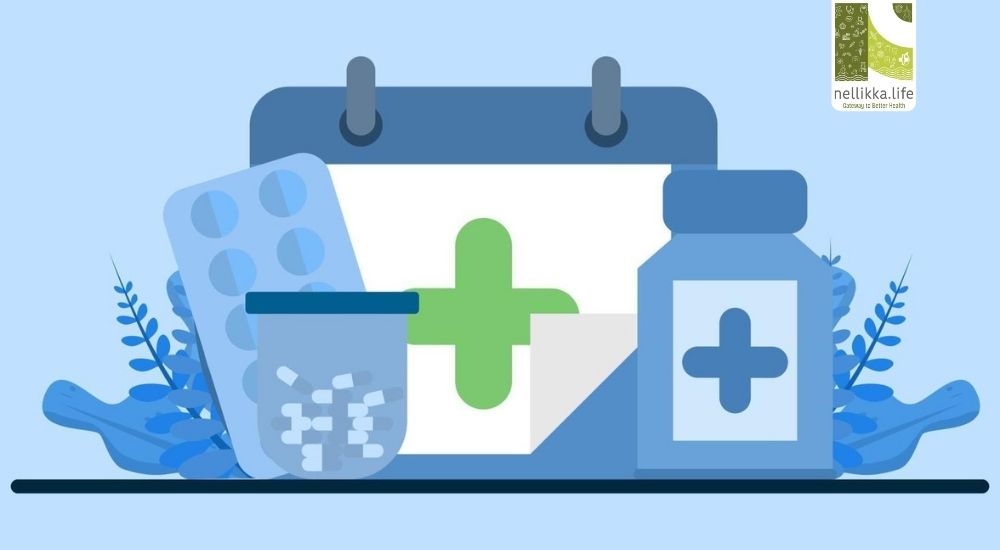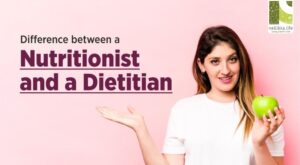Why Annual Health Checkups Are Non‑Negotiable

In today’s fast-paced world, it’s easy to skip that yearly checkup when we feel fine. But science tells us that routine annual health examinations aren’t just optional—they’re essential for lifelong wellbeing. Here’s why you shouldn’t wait for symptoms to take care of your health.
1. Early Detection of Silent Conditions
Many chronic diseases—diabetes, hypertension, high cholesterol—can quietly damage your body before you feel anything.
- A comprehensive review shows that annual checkups consistently detect diseases like depression, hypertension, and diabetes earlier than symptom-driven visits [1]
- A recent Northwestern Medicine study found that routine health visits lead to more early screenings and treatment of chronic illnesses, even if they don’t extend lifespan directly [2]
2. Prevention Through Proactive Screenings
Annual visits give healthcare providers the opportunity to administer age- and gender-specific screenings, vaccinations, and preventive guidance.
- A Virtual Health article highlighted five key benefits of annual physicals, including early detection and tailored lifestyle advice [3]
- Harvard’s Verywell Mind explains that these wellness visits help guide people toward healthier habits, reducing complication risks .
3. Enhanced Patient-Doctor Relationship
Seeing the same provider annually fosters trust—leading to more personalized care plans, and a better understanding of your medical history.
- Experts emphasize that strong patient-doctor rapport ensures concerns are taken seriously and enables timely interventions[4]
4. Improved Patient Experience & Mental Well‑Being
Even without detecting disease, annual visits can improve patients’ wellbeing—emotionally and psychologically.
- The JAMA review reported that people who have regular checkups feel better overall and have better mental outlooks, despite no direct increase in lifespan.[5]
5. Cost‑Effective in the Long Run
Catching conditions early helps avoid expensive late-stage treatments or hospitalizations.
- A study in PMC demonstrated that periodic health checks can save on long-term healthcare costs by maintaining work productivity and avoiding diseases.[6]
6. Understanding the Limitations
While annual checkups offer many benefits, they are not a silver bullet:
- A 2021 Cochrane review concluded that general health checks do not significantly reduce mortality or major heart events, though they do increase disease detection and preventive care[7]
- Experts suggest focusing on risk-based screenings rather than routine full-body tests to avoid unnecessary procedures[8]
Who Benefits Most?
Annual health checkups are particularly vital for:
- Individuals with risk factors (family history, age 40+, smokers, sedentary lifestyle)
- People managing chronic illnesses
- Women needing age-appropriate screenings (Pap, mammogram)
- Men after 40 who need routine prostate and colorectal screenings[9]
What to Expect in a Comprehensive Checkup
A well-rounded health visit typically includes:
- Vital signs: blood pressure, pulse, BMI, waist-to-height ratio
- Laboratory tests: blood glucose, cholesterol, complete blood count
- Screenings: cancer (breast, cervical, colorectal), diabetes, thyroid
- Mental health evaluation for stress, anxiety, depression
- Lifestyle counseling: diet, fitness, sleep, tobacco, and alcohol
Key Takeaways
- Annual checkups enable early detection of hidden diseases.
- Routine preventive care reduces risks through screenings and personalized advice.
- They build a strong patient-doctor relationship, improving long-term care.
- Patients feel more empowered and report better emotional wellbeing.
- Though not a cure-all, risk-based screenings ensure that annual exams remain safe and efficient.
Take the First Step Today
Make your health proactive, not reactive. Schedule your annual wellness visit—get screened, get peace of mind, get empowered. Small steps today keep big problems away tomorrow.




